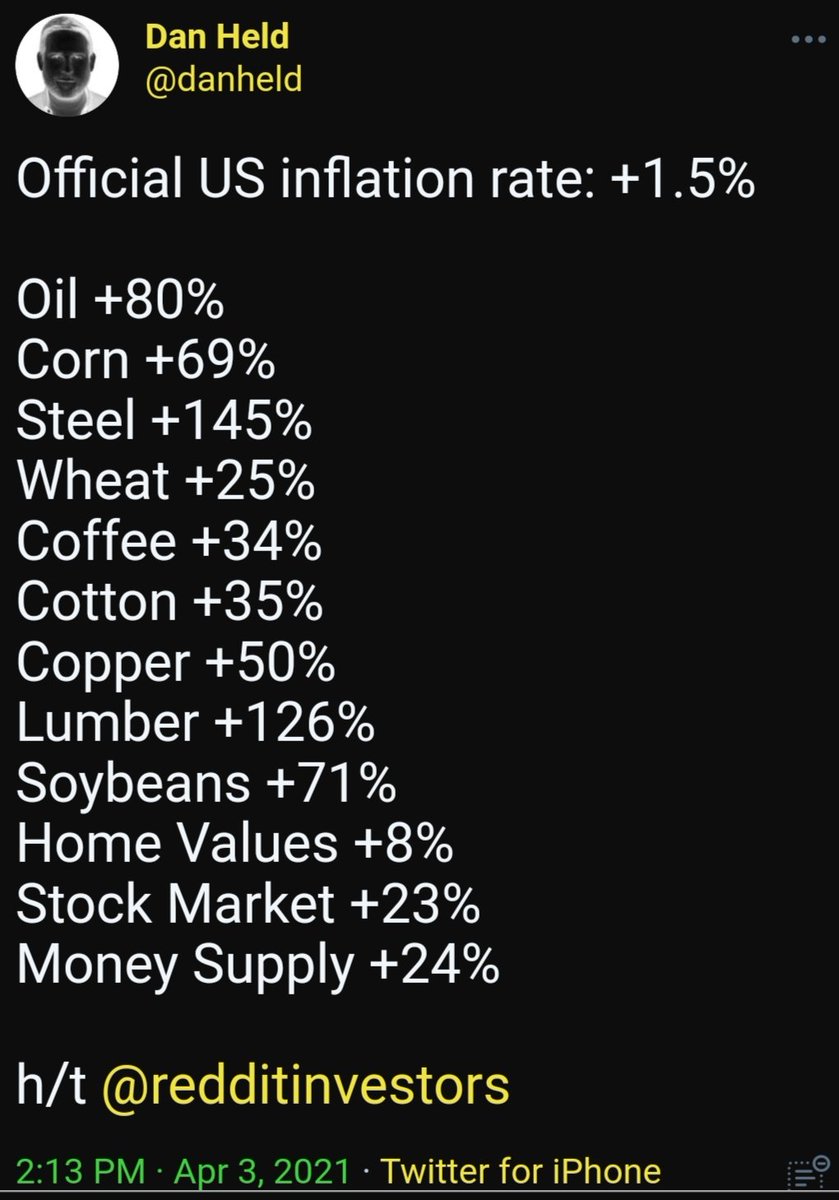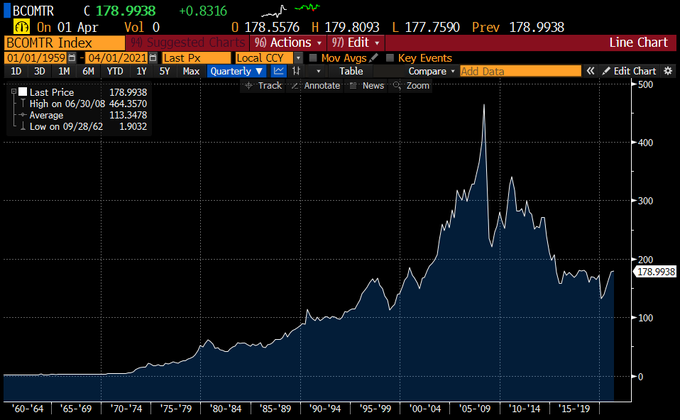
This is not how innovation works.
Looking at # of transistors (Moore's Law) or crop yields is linear and ignores the networked, ecosystem-driven nature of innovation.
Short thread responding to this research.
1/9
mattsclancy.substack.com/p/innovation-g…
Looking at # of transistors (Moore's Law) or crop yields is linear and ignores the networked, ecosystem-driven nature of innovation.
Short thread responding to this research.
1/9
mattsclancy.substack.com/p/innovation-g…
Yes it's true, most technologies plateau. We've seen that w/smartphones, computers, apps & all consumer tech.
Similarly, entire industries plateau & consolidate. How often do you think about your electricity or water supplier?
These become platforms on which others build.
2/9
Similarly, entire industries plateau & consolidate. How often do you think about your electricity or water supplier?
These become platforms on which others build.
2/9
Innovators move on to surrounding challenges. Take water for example. They figure out better filtration methods, taste for drinking, ways to economize for showers, flushing or lawn care.
But looking at water supply companies won't give you that data.
3/9
But looking at water supply companies won't give you that data.
3/9
Same goes for crop yields.
Sure, you could see how much corn an acre of land can produce. Or you can look at all of the technologies that enable food preservation, like refrigeration, faster shipping, packaging innovation, preservatives, repurposing of ugly fruit, etc.
4/9
Sure, you could see how much corn an acre of land can produce. Or you can look at all of the technologies that enable food preservation, like refrigeration, faster shipping, packaging innovation, preservatives, repurposing of ugly fruit, etc.
4/9
And today, innovation has moved on from the visible to the invisible. Most of the interesting things happening are platform level, invisible to consumers even as it improves our lives.
5/9
https://twitter.com/ideafaktory/status/1091932935693963266
5/9
Innovation moves from known to unknown categories.
Counting transistors ignores future innovators looking at new materials for conductors or mods that drive step level improvements in existing capacitors, like Apple's M1 chip.
6/9
Counting transistors ignores future innovators looking at new materials for conductors or mods that drive step level improvements in existing capacitors, like Apple's M1 chip.
6/9
We might be looking at the ground, counting corn while future innovators are figuring out oceanic farming, food synthesis, nutritional substitutes, or vertical farms.
In 1990, there were no internet companies. Today there are thousands. A new category from scratch.
7/9
In 1990, there were no internet companies. Today there are thousands. A new category from scratch.
7/9
Finally, R&D is the mechanism of invention, not innovation. They are only loosely related.
Countless patents sit unused.
Innovation is the unique combination of multiple technologies to solve a problem. The individual parts do not need to be novel.
8/9
Countless patents sit unused.
Innovation is the unique combination of multiple technologies to solve a problem. The individual parts do not need to be novel.
8/9
There is a form of innovation saturation happening. Discovery is accelerating because of the internet.
Just watching something done on YouTube will spur countless imitators & innovators. But the impact of that is complex. I explore it in this podcast: SteveFaktor.com/inevitable
9/9
Just watching something done on YouTube will spur countless imitators & innovators. But the impact of that is complex. I explore it in this podcast: SteveFaktor.com/inevitable
9/9
If you enjoyed this thread, share, follow me here for innovation+economics+culture+wisecracks & my newsletter & podcast at SteveFaktor.com.
• • •
Missing some Tweet in this thread? You can try to
force a refresh






